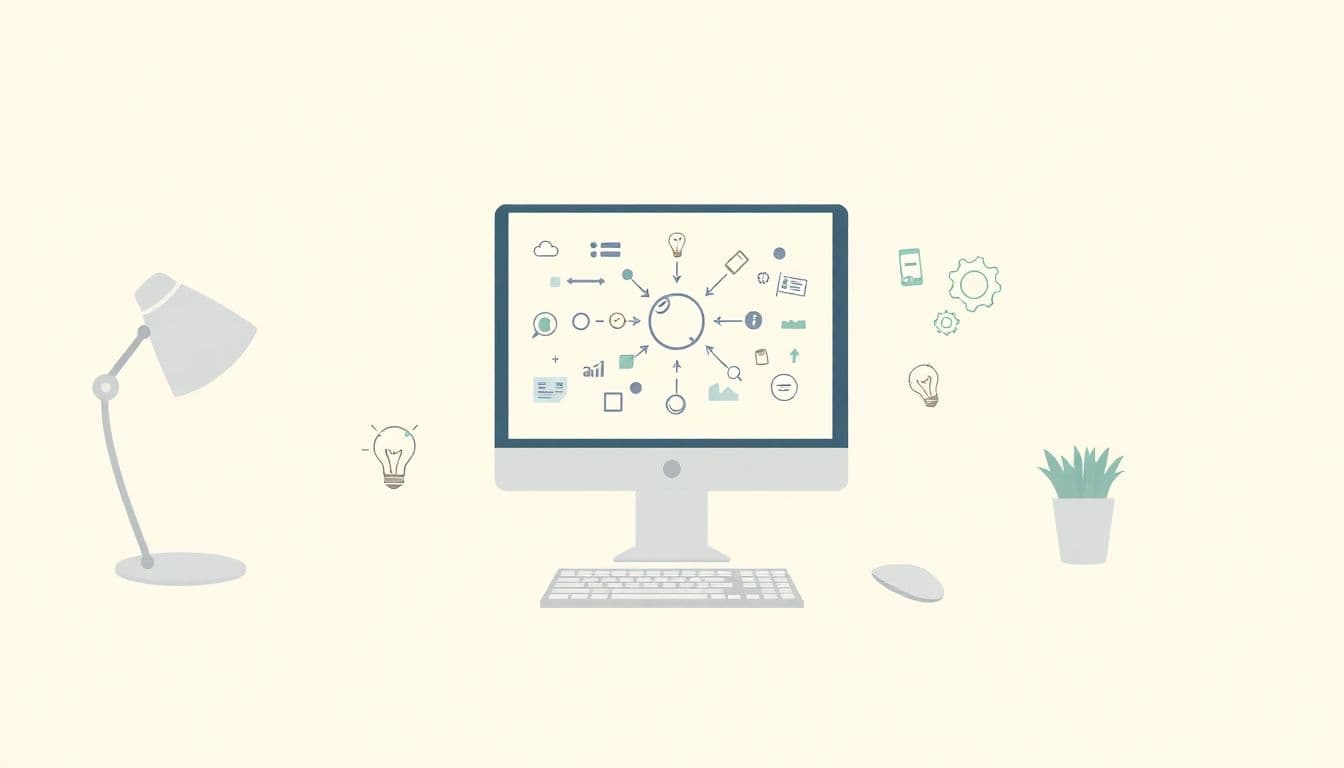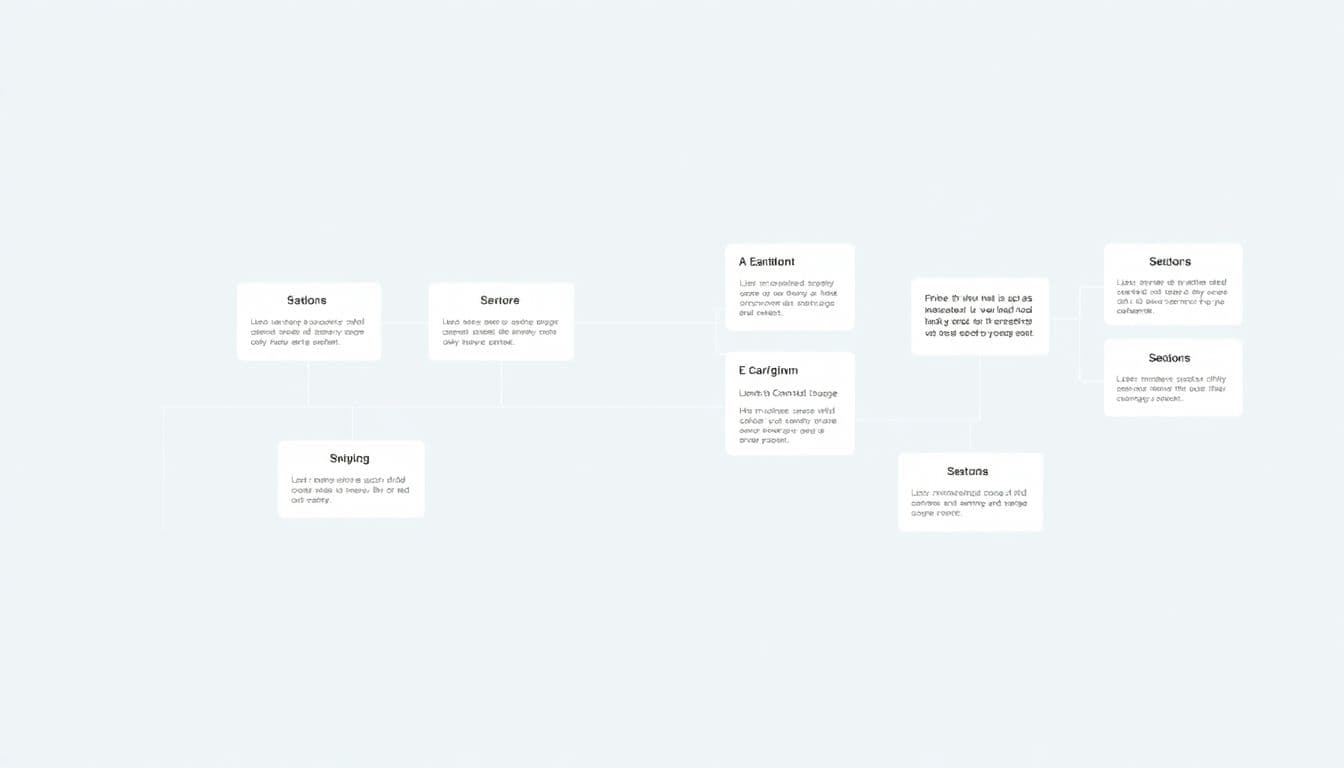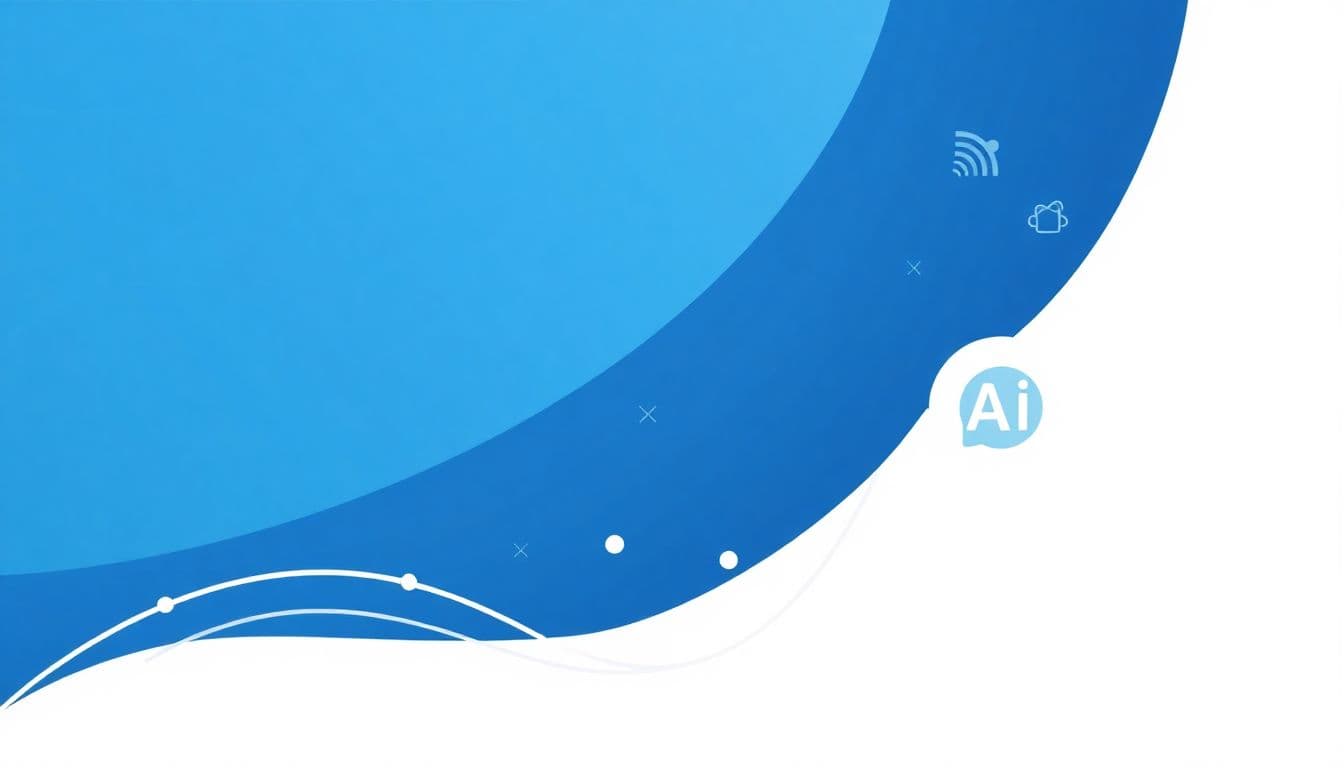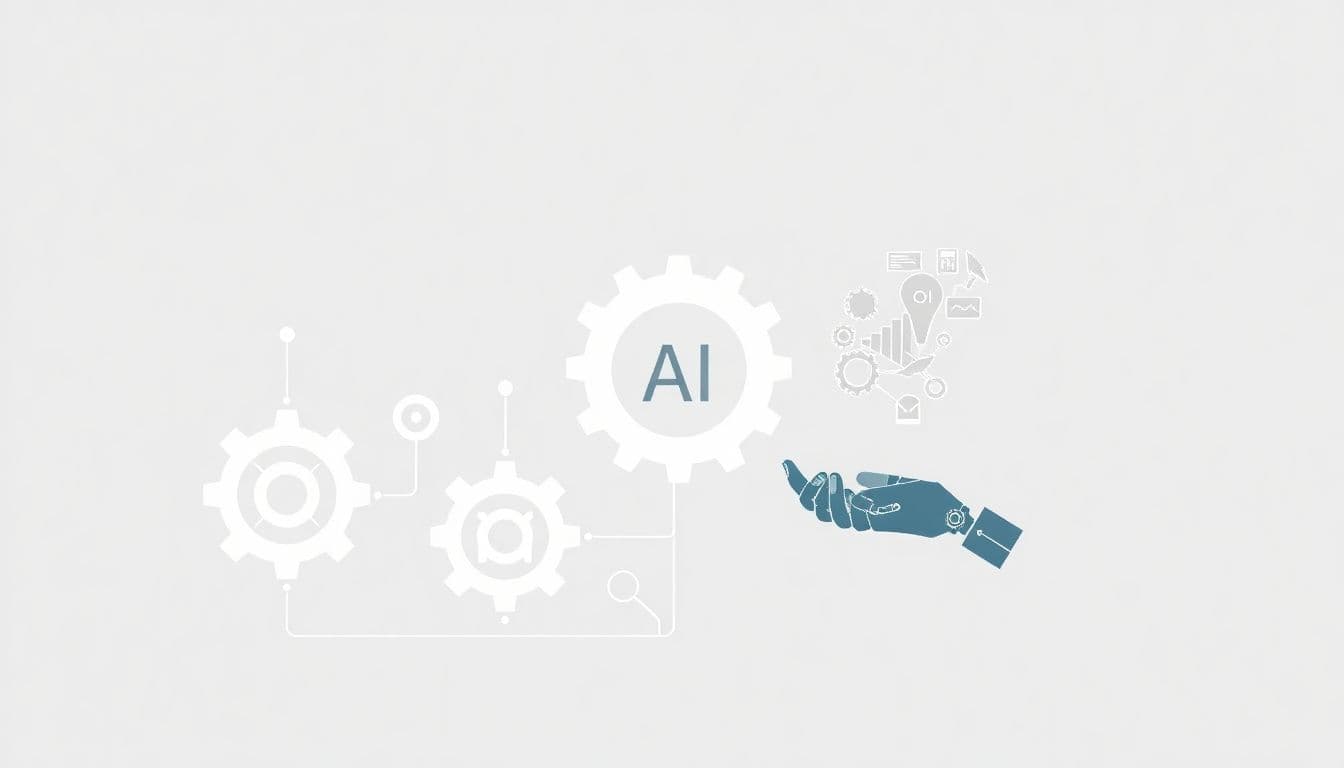ChatGPT has the potential to revolutionize the insurance industry, making it more customer-centric, efficient, and cost-effective.
In this article, we will explore how ChatGPT is changing the insurance industry and discuss its key benefits in various areas, including customer experience, fraud detection, underwriting, sales and marketing, and regulatory compliance.
We will also examine some of the challenges and best practices associated with implementing ChatGPT in the insurance industry and discuss its future implications.
How ChatGPT is Changing the Insurance Industry
Understanding ChatGPT and Its Role in Insurance
ChatGPT is a state-of-the-art artificial intelligence technology that is revolutionizing the way businesses communicate with their customers.
With its ability to understand natural language and generate human-like responses, ChatGPT is becoming an essential tool in the insurance industry.
It can handle simple and complex tasks such as answering policyholders’ questions, processing claims, and detecting fraud.
Key Benefits of Using ChatGPT in Insurance
One of the key benefits of ChatGPT in the insurance industry is its ability to improve customer experience.
Policyholders can get answers to their queries quickly and efficiently, leading to higher customer satisfaction rates.
Moreover, ChatGPT can help insurers personalize their services, creating a unique customer experience.
ChatGPT also reduces the workload for insurance agents and frees up time for them to focus on more critical tasks.
Future Implications of ChatGPT for the Insurance Industry
The future implications of ChatGPT in the insurance industry are enormous. The technology is poised to enhance customer experience and improve operational efficiency.
In the future, it is possible that ChatGPT may even replace human agents entirely. With the continued development of ChatGPT, insurers will be able to provide a more seamless and personalized experience for their customers.
The Impact of ChatGPT on Insurance Customer Experience
Improving Customer Satisfaction with ChatGPT
One of the most significant impacts of ChatGPT on the insurance industry is its ability to improve customer satisfaction.
Customers appreciate the quick and personalized responses they receive from ChatGPT. This leads to higher customer retention rates and improved customer loyalty.
ChatGPT’s Contribution to Customer Retention
ChatGPT plays a crucial role in customer retention for insurance companies.
By providing a more personalized and efficient experience, ChatGPT helps to build stronger relationships between insurers and their customers.
This, in turn, leads to increased customer loyalty and lower churn rates.
Personalization of Customer Experience with ChatGPT
ChatGPT can personalize the customer experience by providing tailored responses based on the customer’s individual needs and preferences.
This helps insurers to build a stronger connection with their customers and create a unique brand experience.
ChatGPT and Insurance Fraud Detection
The Role of ChatGPT in Fraud Detection and Prevention
Insurance fraud is a significant problem in the insurance industry, costing billions of dollars each year.
ChatGPT can help to detect and prevent fraud by analyzing customer data, identifying suspicious activity, and flagging potentially fraudulent claims.
The Benefits of Using ChatGPT for Insurance Fraud Detection
Using ChatGPT for insurance fraud detection can lead to significant cost savings for insurers.
By identifying fraudulent claims early on, insurers can prevent payouts and save money.
Moreover, ChatGPT can help to reduce the workload of fraud investigators, freeing up their time to focus on more complex cases.
ChatGPT’s Potential in Streamlining Insurance Claims Processes
ChatGPT can help to streamline the insurance claims process by automating tasks such as claim submission, verification, and processing.
This leads to faster claims processing times and improved customer satisfaction rates.
ChatGPT and Underwriting in Insurance
Enhancing the Underwriting Process with ChatGPT
Underwriting is a critical part of the insurance process, and ChatGPT can help to enhance it.
By analyzing customer data, ChatGPT can provide insurers with insights into the risk associated with individual policies.
This can help insurers to make more informed underwriting decisions and improve their risk assessment models.
Improved Accuracy and Efficiency with ChatGPT in Underwriting
Underwriting is a crucial function in the insurance industry, as it involves assessing risks and determining the premium that customers should pay.
By leveraging ChatGPT in the underwriting process, insurance companies can improve accuracy and efficiency.
ChatGPT can analyze large amounts of data, including customer information, medical records, and claims histories, and provide real-time insights to underwriters.
This can help underwriters make better decisions and reduce the time it takes to assess risks and determine premiums.
ChatGPT can also automate certain underwriting processes, such as data collection and analysis.
This can help underwriters focus on more complex tasks, such as assessing risks for unique or unusual cases.
Additionally, ChatGPT can help underwriters identify potential fraud or misrepresentations in applications, further improving the accuracy of the underwriting process.
Future Possibilities for ChatGPT in Underwriting
As ChatGPT technology continues to advance, there are many possibilities for its use in underwriting.
For example, ChatGPT could be used to analyze social media data to identify potential risks or behavioral patterns that may indicate higher insurance premiums.
Additionally, ChatGPT could be integrated with machine learning algorithms to identify emerging trends and patterns in data, further improving the accuracy of underwriting.
Furthermore, ChatGPT could be used to provide personalized insurance offers to customers based on their individual needs and risk profiles.
By analyzing data from multiple sources, including claims history, medical records, and even social media activity, ChatGPT could help insurance companies develop targeted insurance products that meet the specific needs of individual customers.
ChatGPT and Insurance Sales and Marketing
Insurance sales and marketing can be a challenging process, particularly when it comes to engaging and retaining customers.
ChatGPT can help insurance companies boost their sales and marketing efforts in a number of ways.
Boosting Insurance Sales with ChatGPT
One of the key benefits of ChatGPT in insurance sales and marketing is that it can help companies engage with customers in real-time.
ChatGPT can provide personalized recommendations and advice to customers, helping them choose the right insurance products and services.
Additionally, ChatGPT can help insurance companies upsell and cross-sell additional products or services to customers, improving sales and revenue.
ChatGPT’s Role in Developing Effective Insurance Marketing Strategies
ChatGPT can also help insurance companies develop effective marketing strategies.
By analyzing customer data and behavior, ChatGPT can identify target audiences and develop targeted marketing campaigns.
Additionally, ChatGPT can provide real-time insights on customer needs and preferences, helping companies tailor their marketing efforts to better meet customer needs.
Personalization of Insurance Offers with ChatGPT
Finally, ChatGPT can help insurance companies personalize their offers to individual customers.
By analyzing customer data and preferences, ChatGPT can recommend insurance products that meet the specific needs of each customer.
This can help insurance companies build stronger relationships with their customers and increase customer loyalty over time.
The Future of ChatGPT in Insurance
As ChatGPT technology continues to advance, there are many possibilities for its use in the insurance industry. Here are some potential trends and possibilities for ChatGPT in insurance:
Emerging Trends and Possibilities for ChatGPT in Insurance
One of the emerging trends in ChatGPT technology is the integration of natural language processing (NLP) and machine learning algorithms.
This would allow ChatGPT to understand and respond to complex customer queries more accurately.
In addition, we can expect ChatGPT to become more human-like, with the ability to engage in more natural and intuitive conversations with customers.
Another possibility is the integration of ChatGPT with other technologies such as blockchain and Internet of Things (IoT).
This could help insurance companies improve their data management, enhance security, and offer more personalized insurance products and services.
ChatGPT and the Future of Insurance Workforce
The increasing adoption of ChatGPT technology in the insurance industry is likely to change the nature of work for insurance professionals.
While chatbots will not replace human agents entirely, they will undoubtedly become a critical part of the workforce.
Insurance professionals will need to adapt to working alongside chatbots and become proficient in using them to offer better customer service and streamline their processes.
The Importance of Adapting to ChatGPT in Insurance
As ChatGPT technology continues to evolve, insurance companies must be proactive in adapting to this new technology.
By integrating ChatGPT into their operations, they can improve their customer experience, reduce costs, and increase efficiency.
At the same time, they must also address the challenges associated with implementing ChatGPT, such as data privacy and security concerns.
ChatGPT and Insurance Industry Regulations
As with any new technology, ChatGPT is subject to regulations in the insurance industry.
Insurance companies must ensure that their use of ChatGPT complies with relevant laws and regulations, such as data protection and privacy laws.
In addition, insurance regulators must work to develop policies and guidelines that govern the use of ChatGPT in the industry.
Compliance with Insurance Regulations and ChatGPT
To comply with insurance regulations, insurance companies must ensure that ChatGPT is used responsibly and ethically.
This includes obtaining customers’ consent to use their data, ensuring the security of their data, and providing transparent information about how their data is used.
Challenges and Opportunities in Regulating ChatGPT for Insurance
Regulating ChatGPT in the insurance industry presents both challenges and opportunities.
On the one hand, regulations can help ensure that ChatGPT is used in a responsible and ethical manner, protecting customers’ interests.
On the other hand, excessive regulation could stifle innovation and slow down the adoption of ChatGPT in the industry.
Ensuring Data Privacy and Security with ChatGPT in Insurance
Insurance companies must take steps to ensure that ChatGPT does not compromise the privacy and security of customer data.
This includes implementing appropriate security measures, such as encryption, and ensuring that ChatGPT complies with relevant data protection regulations.
ChatGPT Implementation in Insurance: Best Practices and Considerations
Implementing ChatGPT in insurance requires careful planning and execution to ensure success.
Here are some best practices and considerations for implementing ChatGPT in insurance.
Factors to Consider when Implementing ChatGPT in Insurance
When implementing ChatGPT in insurance, it is important to consider factors such as the target audience, the specific use case, and the company’s overall goals.
This will help to ensure that the implementation is well-planned and effective.
Best Practices for Successful ChatGPT Implementation in Insurance
Best practices for implementing ChatGPT in insurance include involving key stakeholders, selecting a suitable vendor, testing and iterating the chatbot, and continuously monitoring and improving its performance.
Challenges and Solutions in ChatGPT Implementation in Insurance
Challenges in implementing ChatGPT in insurance include technical challenges, such as integrating ChatGPT with existing systems and processes, and regulatory challenges, such as ensuring compliance with relevant regulations.
To overcome these challenges, insurance companies can partner with experienced vendors and work closely with regulators to ensure compliance.
Conclusion
In conclusion, ChatGPT is revolutionizing the insurance industry by providing new opportunities for insurance companies to improve customer experiences, streamline operations, and increase revenue.
Through the use of chatbots and conversational AI, ChatGPT is enabling insurance companies to provide personalized and efficient services to customers while reducing the costs associated with traditional insurance processes.




















